Do you love the sweet aroma and flavor of vanilla extract but worry about its sugar content? Fear not! In this article, we will explore the truth behind the myth and answer the question, “Is there sugar in vanilla extract?”
Discover the fascinating extraction process of vanilla beans and learn about low-carb alternatives to sweeten your recipes.
Get ready to indulge in the delicious world of sugar-free vanilla extract and unleash your creativity in the kitchen.
The Composition of Vanilla Extract
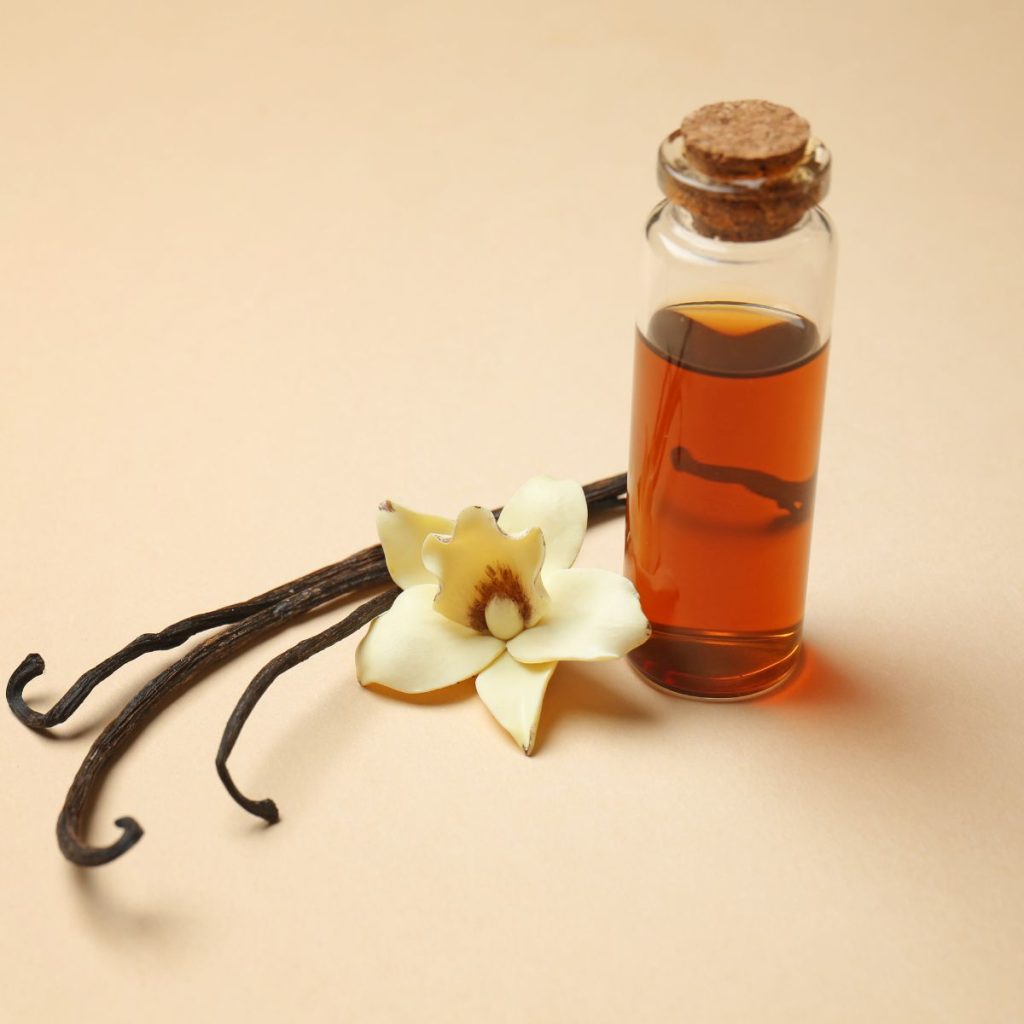
You’ll find that the composition of vanilla extract consists of various aromatic compounds and flavors. It’s a complex blend of natural chemicals that give vanilla its distinctive taste and aroma.
One of the key compounds in vanilla extract is vanillin, which is responsible for the sweet and creamy flavor. However, vanilla extract isn’t just about vanillin. It also contains other compounds like ethylvanillin, which adds a deeper and richer flavor profile.
These compounds work together to create a symphony of taste sensations that can elevate any dish or dessert. So, when you’re looking for a way to enhance your culinary creations with a touch of innovation, consider the unique composition of vanilla extract and the endless possibilities it offers.
Sugar-Free Vanilla Extract: Fact or Fiction
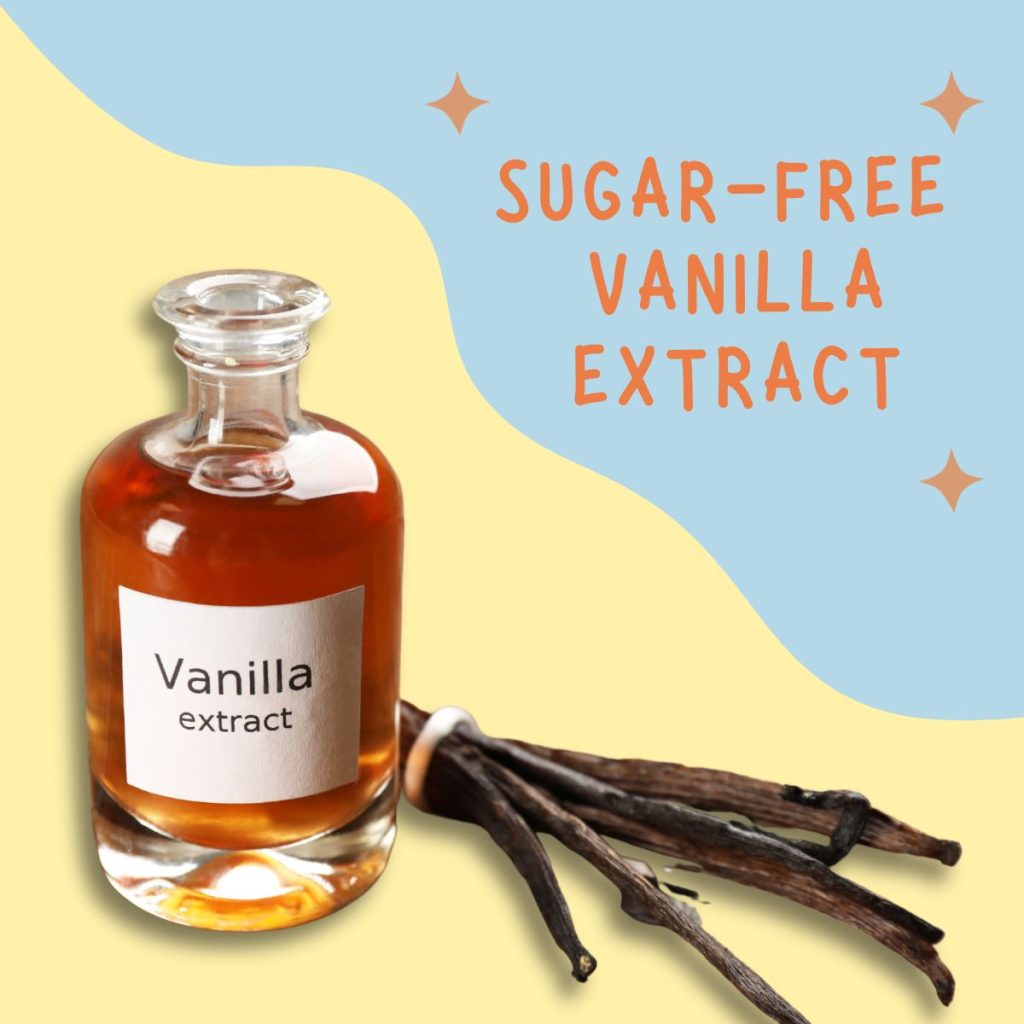
Is sugar-free vanilla extract a real thing, or is it just a myth?
You might be surprised to learn that sugar-free vanilla extract does exist, and it can be a game-changer for those who desire innovative and healthier options.
Traditional vanilla extract is made by steeping vanilla beans in a mixture of alcohol and water, which can sometimes include added sugar.
However, with advancements in food technology, manufacturers have found ways to produce sugar-free vanilla extract by using alternative sweeteners like stevia or monk fruit.
These sugar substitutes provide a sweet taste without the added calories or impact on blood sugar levels.
Understanding the Extraction Process of Vanilla Beans
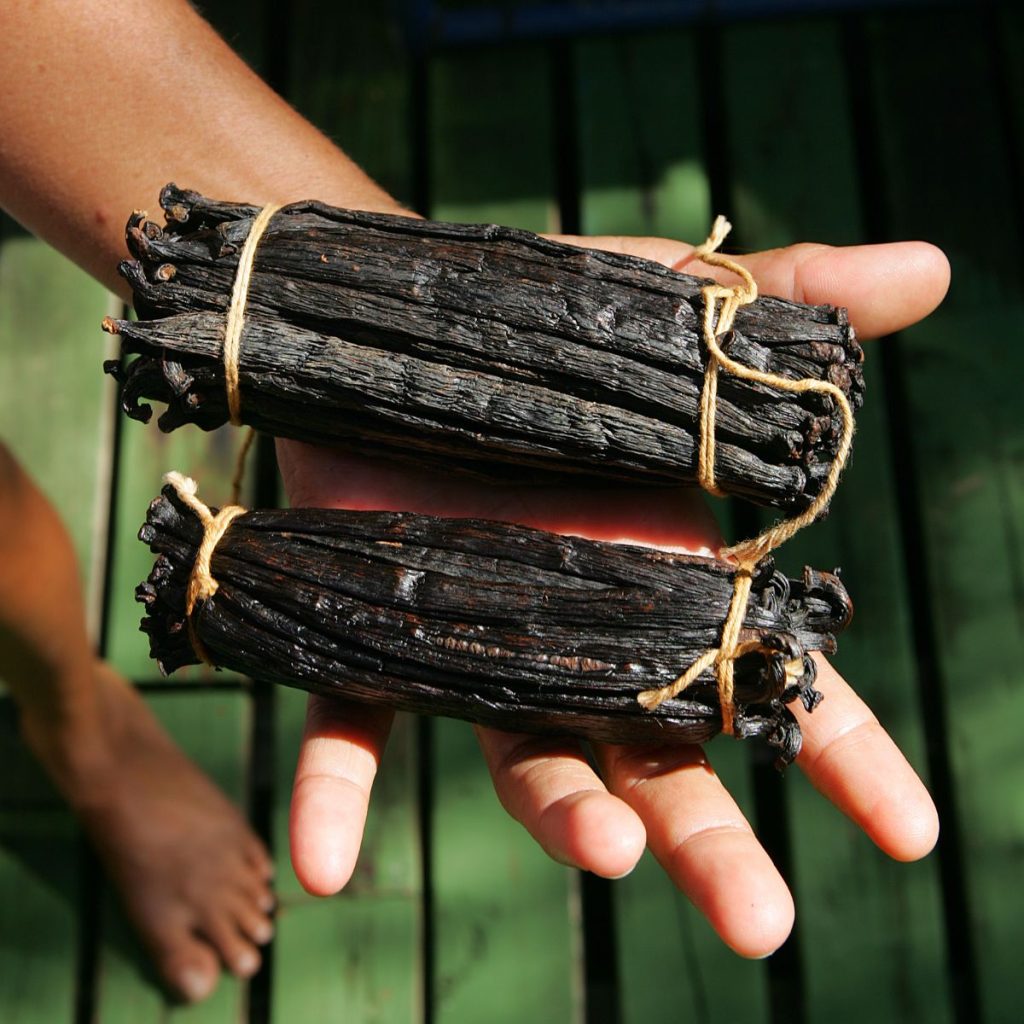
During the extraction process of vanilla beans, you’ll be amazed to know that the flavor compounds are infused into a liquid mixture through the clever use of alcohol and water.
This innovative technique allows for the extraction of the delicious vanilla flavor that we all know and love. The alcohol acts as a solvent, extracting the aromatic compounds from the beans, while the water helps to dilute the mixture and create a balanced flavor profile.
The combination of these two ingredients results in a potent and flavorful liquid that’s then used to make vanilla extract. This extraction process is carefully orchestrated to ensure that the maximum amount of flavor is extracted from the beans, providing you with a truly remarkable taste experience.
Debunking the Myth: No Sugar in Vanilla Extract
But rest assured, there’s no need to worry – the myth that there is sugar in vanilla extract is completely false. Vanilla extract is made by soaking vanilla beans in alcohol, usually vodka, which extracts the flavors and aromas from the beans.
The alcohol acts as a solvent, breaking down the cell walls of the beans and allowing the compounds responsible for the vanilla flavor to dissolve. Once the extraction process is complete, the mixture is filtered to remove any solid particles, leaving behind a pure vanilla extract.
This extract doesn’t contain any sugar or sweeteners. So, when you add vanilla extract to your recipes, you’re not adding any extra sugar – just the wonderful, natural flavors of vanilla.
Enjoy exploring new ways to use this versatile ingredient in your innovative culinary creations!
Exploring Low-Carb Alternatives to Sweeten Your Recipes
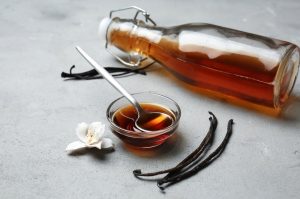
You can try using low-carb alternatives to sweeten your recipes and still enjoy delicious, flavorful dishes. If you’re looking to reduce your carb intake without sacrificing taste, there are several innovative options available.
One popular choice is stevia, a natural sweetener derived from the stevia plant. It’s incredibly sweet and has zero calories and carbs, making it a great alternative to sugar.
Another option is monk fruit extract, which is made from the juice of monk fruit and contains no carbs or calories. It has a sweet taste similar to sugar but without the negative health effects.
Erythritol is another low-carb sweetener that tastes like sugar but has fewer calories and doesn’t spike blood sugar levels.
These low-carb alternatives can be used in a variety of recipes, from desserts to beverages, allowing you to indulge in your favorite treats while maintaining a low-carb lifestyle.


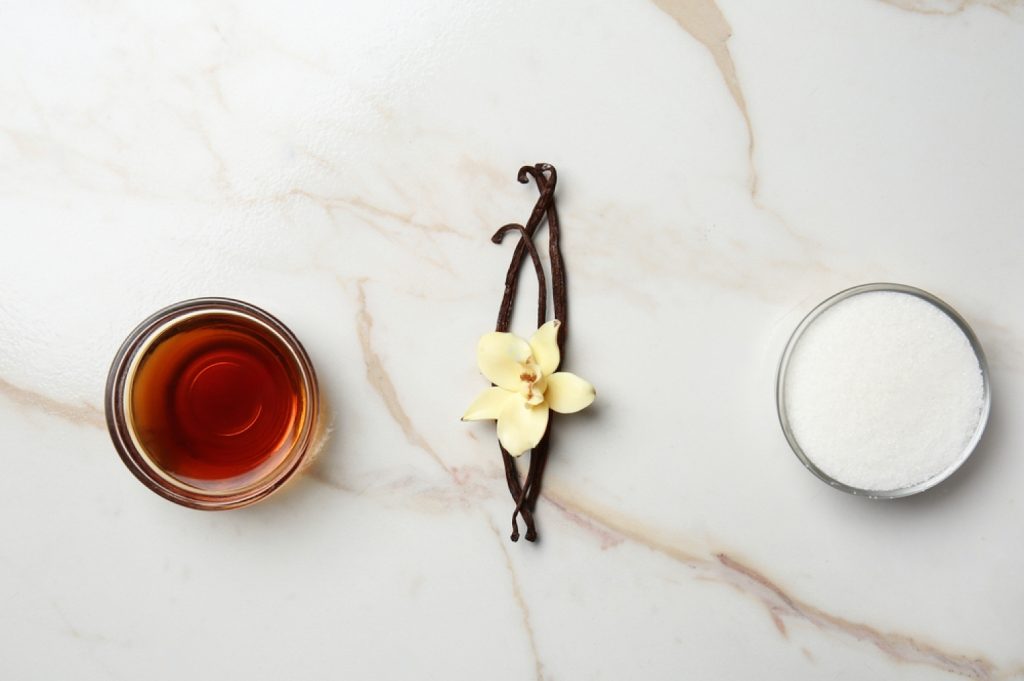



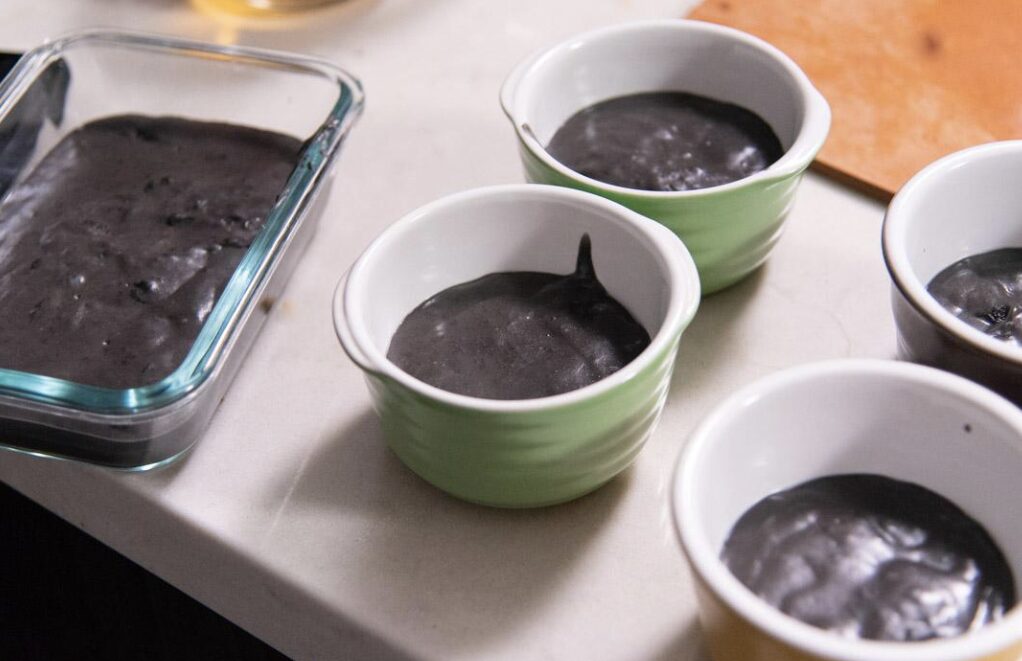
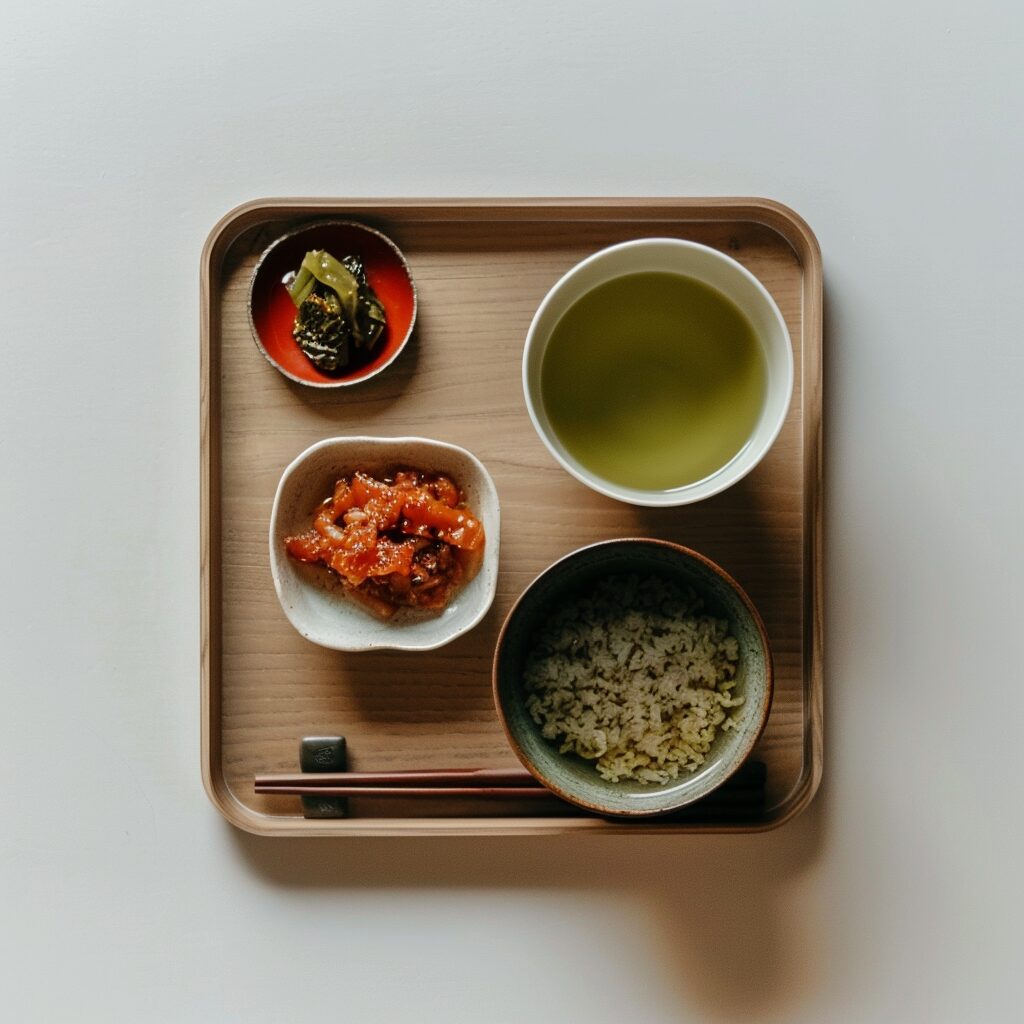
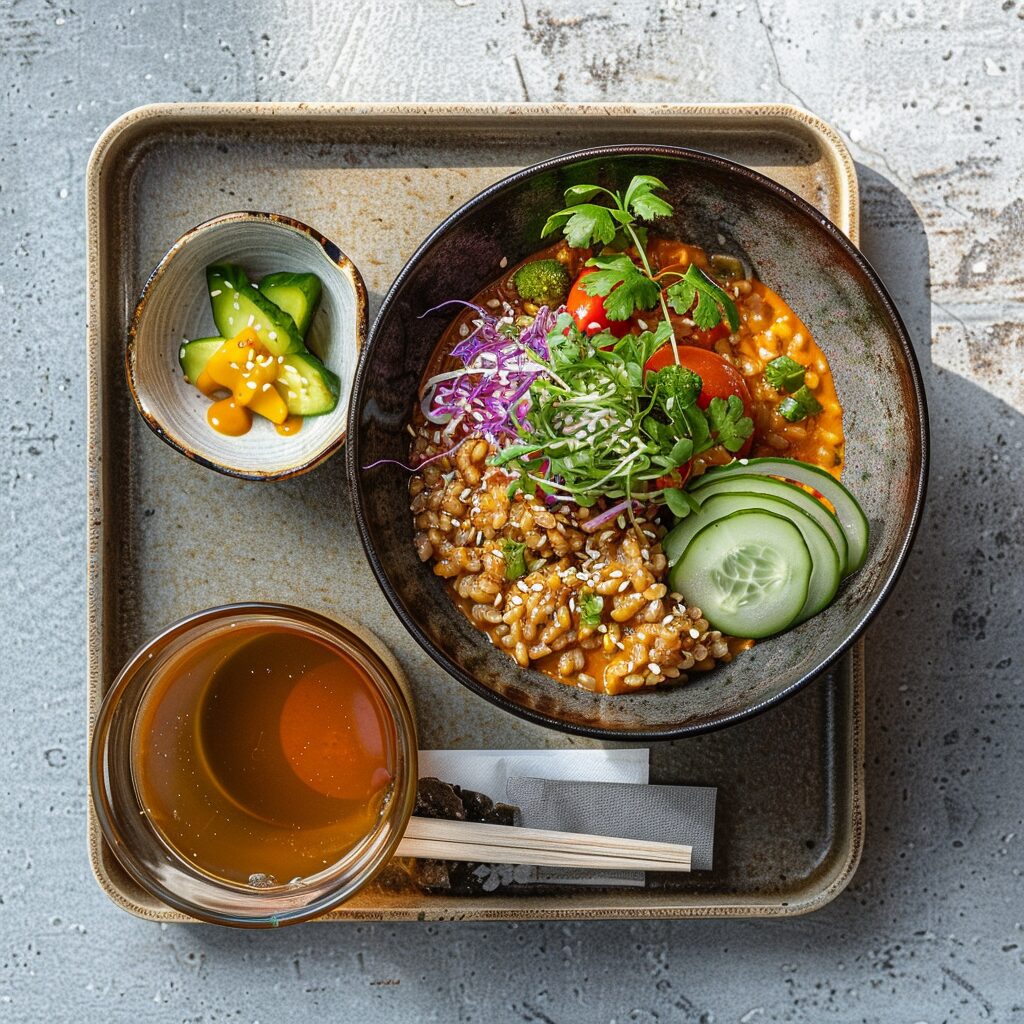
Konnichiwa! (Hello!) I'm Pat Tokuyama, a Japanese tofu cookbook author, who travels for music, food, and adventure. If you like Japanese tea, checkout some of the newestorganic japanese tea, matcha bowls and noren and more!
** Curious about the Plant Based Japanese Cooking Club? ** Learn more here!